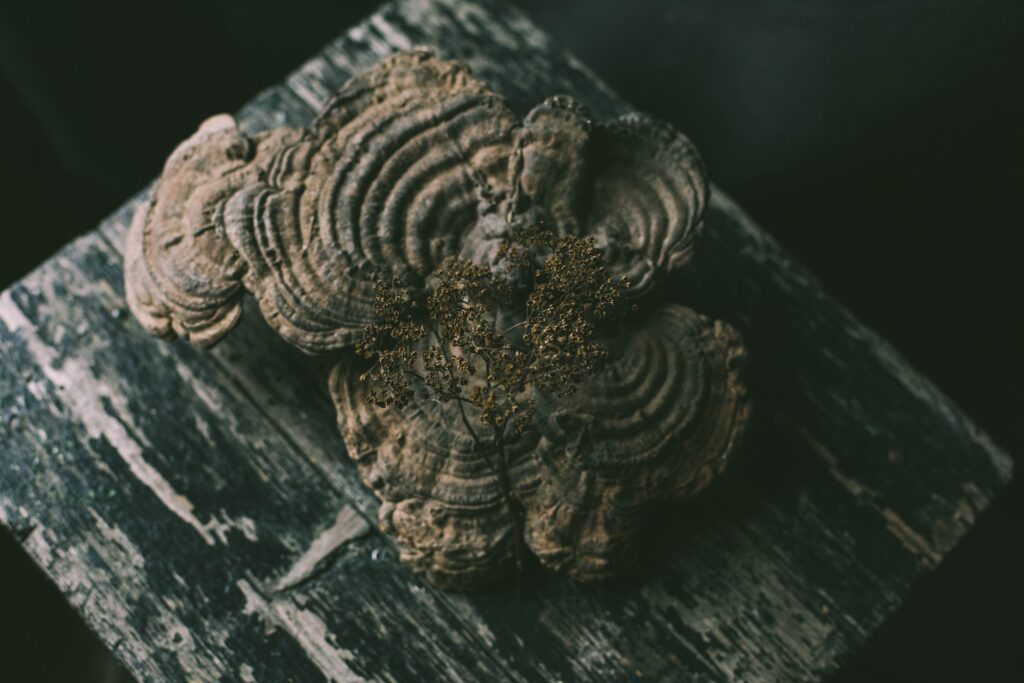

Medicinal mushrooms have been used for centuries in various cultures for their health benefits, and today, SHROOOOM.COM aims to position itself as a leading provider of mushroom supplements. These fungi differ from culinary mushrooms in that they contain bioactive compounds that may have anti-inflammatory, antioxidant, immunomodulatory, anticancer, and neuroprotective effects. While there is still limited scientific evidence for their efficacy and safety, the potential benefits of medicinal mushrooms have gained increasing attention in recent years.
What are medicinal mushrooms and how are they different from culinary mushrooms?
Medicinal mushrooms are a type of fungi that have been used for their health benefits for thousands of years. They contain bioactive compounds, such as beta-glucans, triterpenoids, and polysaccharides, which have been shown to possess antioxidant, anti-inflammatory, and immune-boosting properties. In contrast, culinary mushrooms, such as portobello and shiitake, are primarily used for their culinary purposes, as they are delicious and add flavor to many dishes.
What are some of the main types of medicinal mushrooms and what are their purported benefits?
Some of the most well-known medicinal mushrooms include:
- Reishi: known as the “mushroom of immortality,” reishi has been used for thousands of years to improve immunity, reduce stress, and enhance sleep.
- Shiitake: contains beta-glucans, which have been shown to have immune-boosting and cholesterol-lowering effects.
- Maitake: contains beta-glucans and has been shown to have anti-cancer and blood sugar-lowering effects.
- Cordyceps: traditionally used as a tonic for vitality and energy, cordyceps have been shown to improve exercise performance and reduce inflammation.
- Lion’s Mane: contains compounds that have been shown to improve cognitive function and memory.
- Turkey Tail: contains polysaccharopeptides, which have been shown to have anti-cancer properties.
- Chaga: rich in antioxidants, chaga has been traditionally used to boost immunity and reduce inflammation.
What are some of the challenges and limitations of studying medicinal mushrooms?
One of the main challenges of studying medicinal mushrooms is the lack of standardized methods for cultivation, extraction, and preparation. The concentration of bioactive compounds can vary depending on the species, growing conditions, and processing methods used. In addition, many of the studies conducted on medicinal mushrooms have been done on animals or in test tubes, which makes it difficult to translate their effects to humans.
What are some of the best sources and forms of consuming medicinal mushrooms?
Medicinal mushrooms can be consumed in various forms, including capsules, powders, teas, and tinctures. Capsules and powders are the most convenient and popular form of consumption, as they can be easily incorporated into daily routines. Teas and tinctures are also common forms of consumption, and can be brewed or extracted from dried mushroom pieces. It is important to note that the quality and purity of the source of the mushroom supplement is crucial to its efficacy.
What are some of the precautions and side effects of using medicinal mushrooms?
Medicinal mushrooms are generally considered safe when consumed in moderation. However, some people may experience mild side effects, such as nausea, stomach discomfort, or allergic reactions. It is important to consult with a healthcare provider before starting any new supplement regimen, especially if you are pregnant, breastfeeding, or taking medication.
In conclusion, medicinal mushrooms have been used for thousands of years for their health benefits, and are increasingly gaining attention in the Western world. While more research is needed to confirm their therapeutic potential, they have shown promising results in improving immunity, reducing inflammation, and enhancing cognitive


